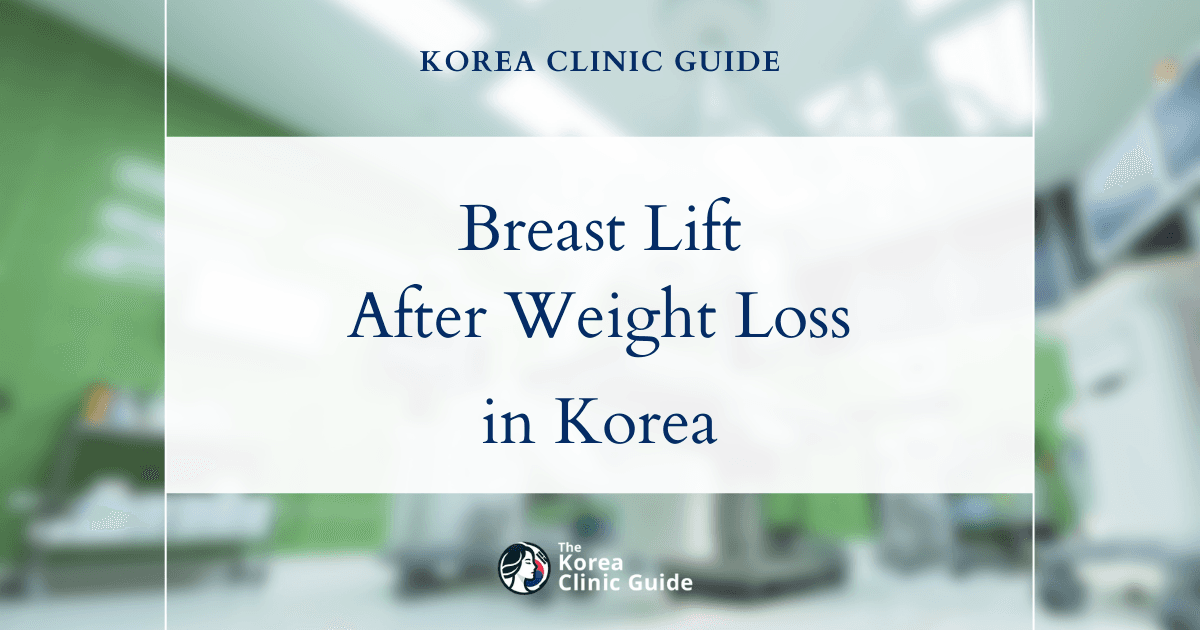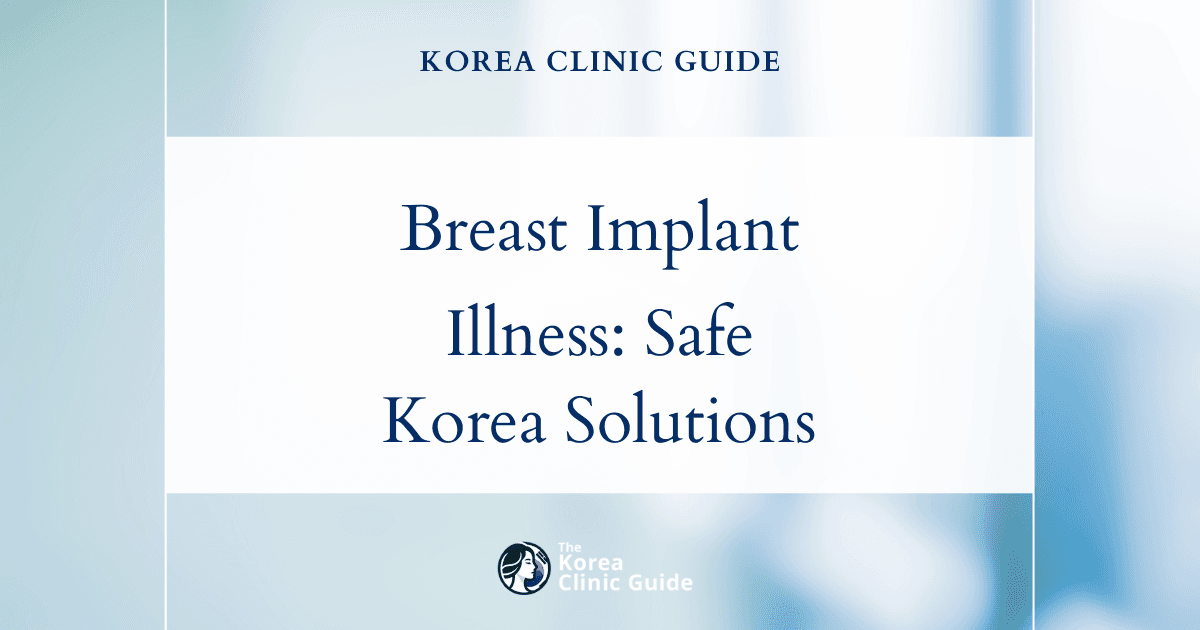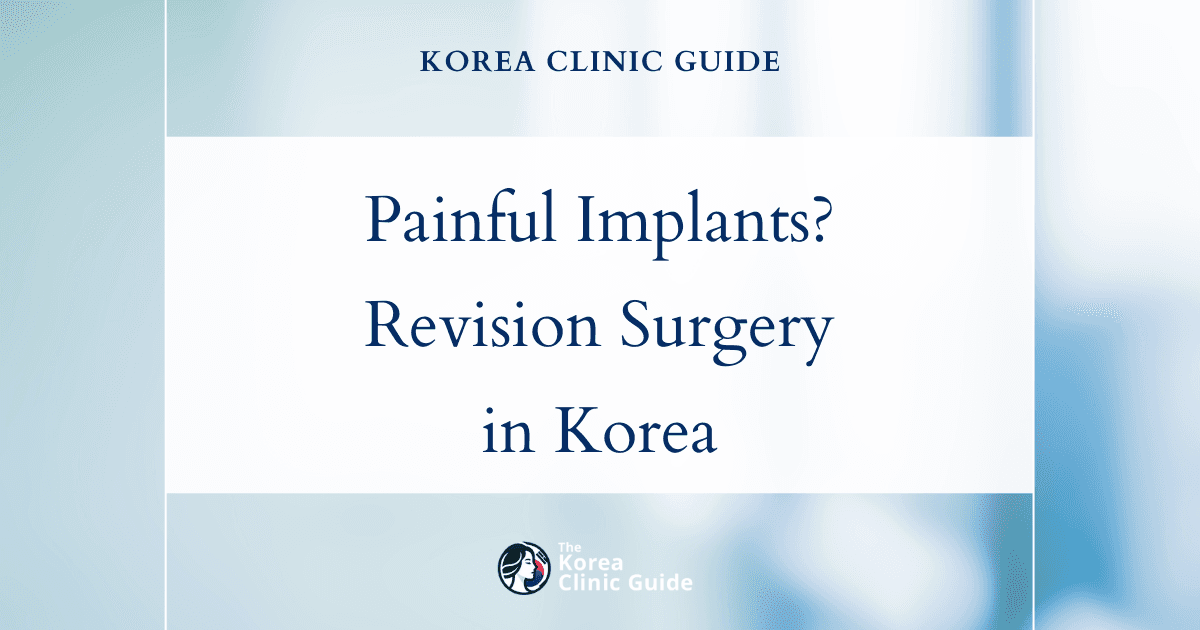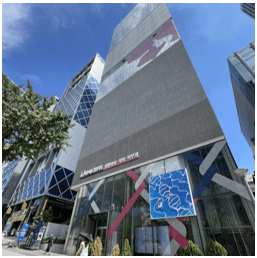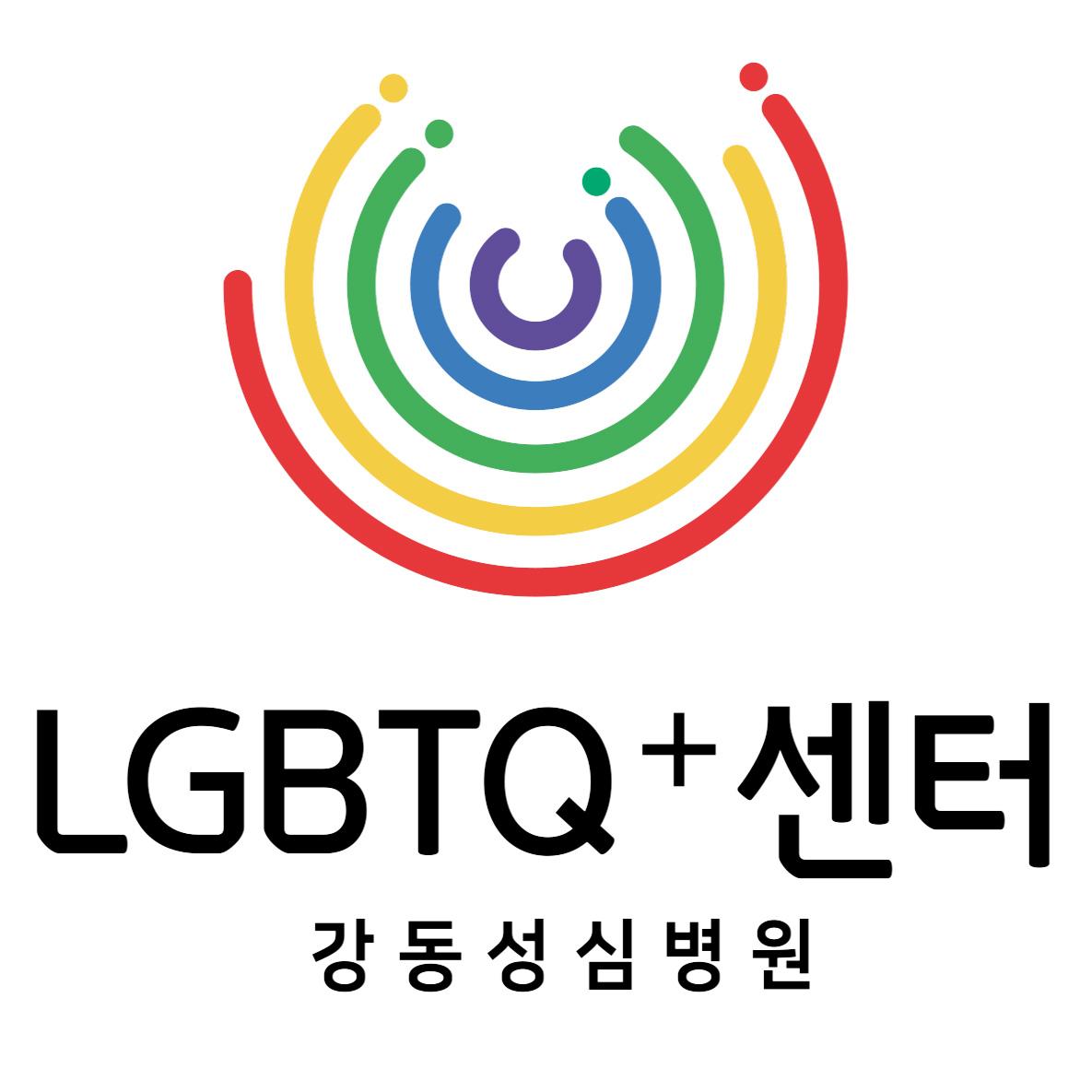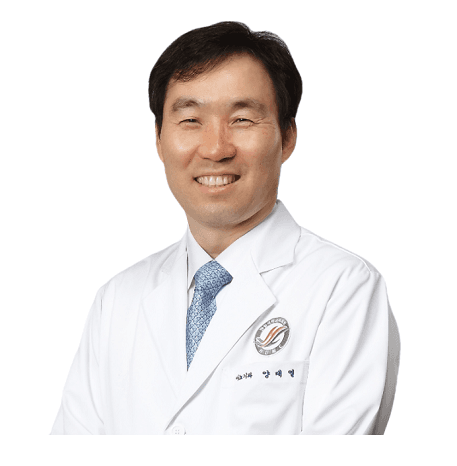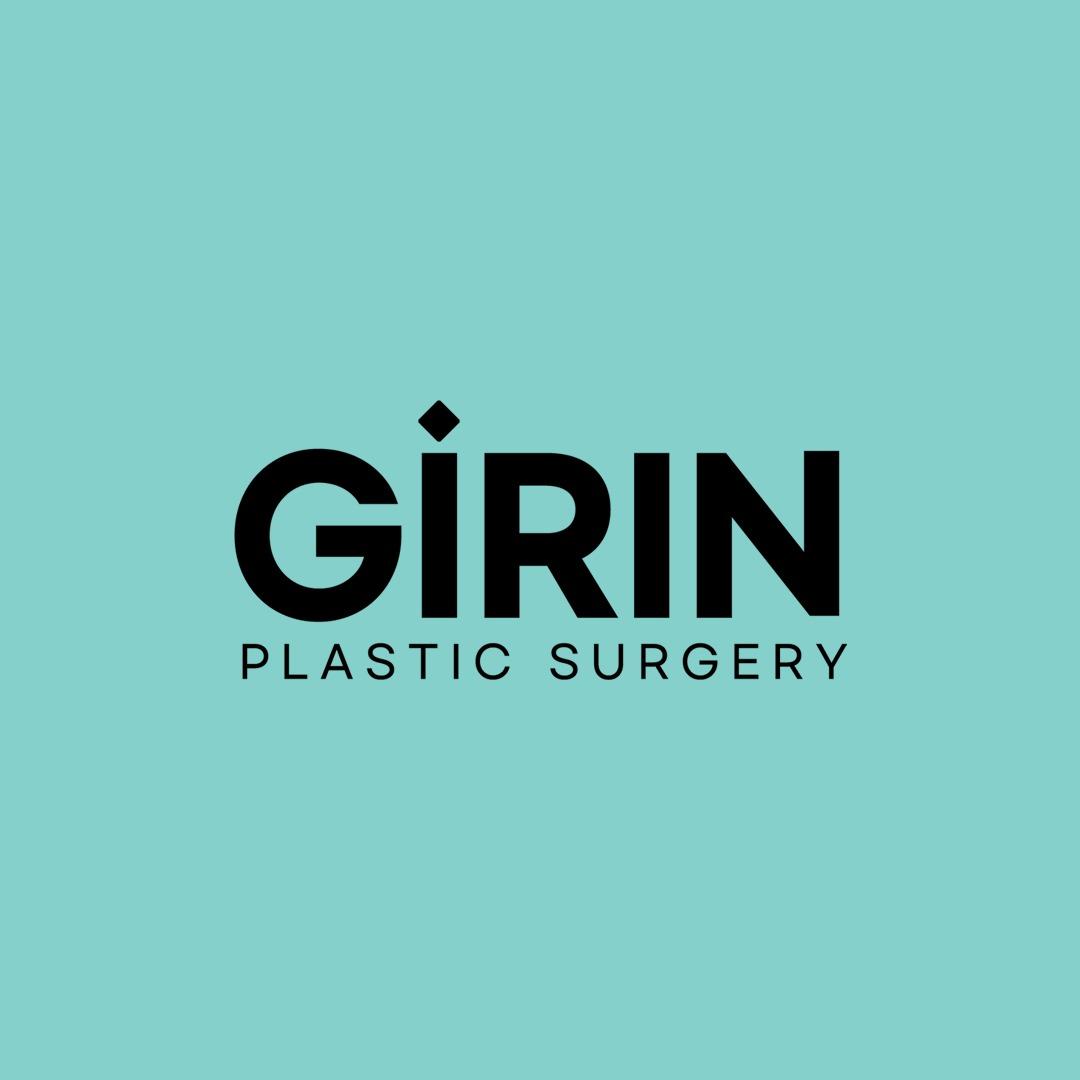Medical Tourism Blog
Mastectomy in Korea | Best Clinics, Costs, Procedure Types & More

Table of contents
- What Is Mastectomy?
- Best Clinics in Korea for Mastectomy
- Mastectomy in Korea
- Cost of Mastectomy in Korea
- Alternatives to Mastectomy
- Conclusion
Considering treatment in Korea? Everything you need to know e.g. — how to avoid scams, visas, interpreters, recovery tips — in our Medical Tourism Master Guide. Plan with confidence in minutes, not weeks!
Did you know that South Korea is rapidly becoming a hub for advanced mastectomy procedures, offering state-of-the-art medical care and affordable pricing that's hard to find elsewhere? This article explores the intricacies of mastectomy in Korea, from advanced surgical techniques to the cost-effective options that make it an attractive destination for patients worldwide seeking comprehensive breast cancer treatment.
What Is Mastectomy?
Mastectomy is a surgical procedure aimed at removing one or both breasts, partially or completely, primarily to treat or prevent breast cancer. It is a critical intervention for patients diagnosed with breast cancer, those at high risk of developing the disease, or those experiencing recurrent tumors despite other treatments. In Korea, a country known for its advanced medical technology and facilities, mastectomy is widely practiced and is often coupled with reconstructive surgery options to enhance patient outcomes.
Types of Mastectomy Procedures
Mastectomies are tailored to meet the specific medical needs and preferences of patients. Key types include:
-
Total (Simple) Mastectomy: This involves the removal of the entire breast tissue without the removal of lymph nodes. It is often performed for patients with extensive ductal carcinoma in situ or as a preventive measure in high-risk individuals.
-
Modified Radical Mastectomy: In this procedure, the entire breast is removed along with axillary lymph nodes, but the chest muscles are preserved. This type is often recommended for patients with invasive breast cancer to ensure that any potential spread to the lymph nodes is addressed.
-
Radical Mastectomy: This extensive procedure includes the removal of the entire breast, axillary lymph nodes, and chest muscles under the breast. It is now less common due to its invasive nature and is generally reserved for cases where cancer has spread extensively.
-
Skin-Sparing Mastectomy: Primarily used for patients interested in immediate breast reconstruction, this approach removes breast tissue while preserving most of the breast skin. The nipple and areola may or may not be removed, depending on the extent of disease.
-
Nipple-Sparing Mastectomy: Similar to the skin-sparing variant, but with the added preservation of the nipple and areola, making it an option for patients where cancer is not near these structures. It is often complimented with reconstruction to provide a more natural post-surgical appearance.
Candidates for Mastectomy
Mastectomy is suitable for various patient profiles:
-
Breast Cancer Patients: It is a mainstay treatment for those diagnosed with early-stage or locally advanced breast cancer. Decisions between mastectomy and breast-conserving therapies depend on cancer characteristics, patient preference, and genetic factors.
-
High-Risk Individuals: Women with significant family history, genetic markers like BRCA1 or BRCA2 mutations, consider mastectomy as a preventive measure, also known as prophylactic mastectomy, to significantly lower their cancer risk.
-
Recurrent Breast Cancer Cases: For patients who have previously undergone breast-conserving surgery and experience recurrence, a mastectomy may be the recommended course of action to manage the disease effectively.
-
Paget’s Disease of the Breast: This rare type of breast cancer affects the skin of the nipple and often requires mastectomy when invasive cancer or widespread ductal carcinoma in situ is present.
Mastectomy in Korea is often complemented by advanced reconstructive options, utilizing procedures such as implant-based reconstruction or autologous tissue reconstruction (using the patient's own tissue), ensuring a comprehensive approach to both treatment and aesthetic restoration. The choice of procedure is a collaborative decision involving oncologists, surgeons, and patients, focusing on medical necessity and patient lifestyle and preferences.
Best Clinics in Korea for Mastectomy
Listed below are the best clinics in Korea for mastectomy:
| Clinic Name | Key Features | Special Techniques |
|---|---|---|
| THEPLUS Plastic Surgery Website | Four-floor facility designed to deliver seamless care from consultation through surgery and post-operative skincare; surgeons are active medical researchers who publish in scholarly journals and present at domestic and international symposiums, with involvement in leading societies such as the American Society of Plastic Surgeons; safety, clear communication, and patient satisfaction at the forefront—and a team averaging over a decade of experience. | Individualized planning with emphasis on natural, long-lasting outcomes; focus on balancing function and beauty; includes 3D implants as part of breast aesthetics considerations. |
| Okay Plastic Surgery Clinic Website | Specialized Breast Center; expertise in breast reduction, lift, and nipple correction translates directly to refined chest contouring, symmetry, and nipple–areola design after tissue removal; complex-case excellence; evidence-driven craftsmanship; natural, lasting results; comprehensive aftercare; full-spectrum breast solutions; patient-first philosophy. | Refined chest contouring, symmetry, and nipple–areola design after tissue removal; surgical judgment and broad technique range essential for mastectomy aesthetic planning and revision; incision strategy and tissue handling guided by ongoing research to optimize long-term shape and scarring. |
| id Hospital Korea Website | Customized care; tailored plastic surgery plans that match each patient’s anatomy, goals, and recovery timeline—essential for aligning breast surgery with mastectomy plans; safety first; systematic post-care; dedicated breast surgery services; holistic aesthetic support; aesthetic excellence with a heritage in facial aesthetics translating into meticulous technique and natural-looking results in breast procedures. | Customized care aligned with anatomy, goals, and recovery timeline; patient safety–oriented protocols; structured follow-up; integration of breast and facial aesthetic expertise; holistic services; meticulous technique for natural-looking breast results. |
THEPLUS Plastic Surgery
Located in Garosu-gil, Gangnam, THE PLUS Plastic Surgery is a world-class, four-floor facility designed to deliver seamless care from consultation through surgery and post-operative skincare. Its surgeons are active medical researchers who publish in scholarly journals and present at domestic and international symposiums, with involvement in leading societies such as the American Society of Plastic Surgeons. With safety, clear communication, and patient satisfaction at the forefront—and a team averaging over a decade of experience—the clinic offers the rigorous standards and continuity of care valued by individuals planning their mastectomy journey and related aesthetic decisions.
THE PLUS brings together renowned specialists whose expertise informs thoughtful, individualized planning. Dr. Lee, a board-certified plastic surgeon and former Surgery Specialist at Seoul National University Hospital, focuses on breast augmentation and is active in major Korean plastic surgery societies; her emphasis on natural, long-lasting outcomes makes her a key resource for patients considering breast aesthetics around mastectomy. The clinic is led by director surgeons including Dr. Jeong Jae Yong, President of the Korean Society of Plastic Surgeons, and Dr. Kim Taek Kyun, a board-certified surgeon recognized internationally for rhinoplasty, facial contouring, and award-winning research on 3D implants. Their combined commitment to balancing function and beauty underpins a patient-centered approach to care.
You can check out their website here: THEPLUS Plastic Surgery Website
Okay Plastic Surgery Clinic
Okay Plastic Surgery Clinic is a specialized center in Seoul renowned for advanced breast surgery and meticulous aesthetic outcomes, making it a leading choice for patients planning mastectomy-related care. Anchored by a dedicated Breast Center and led by Dr. Cho—an extensively published breast surgery expert known for safely handling complex, large-volume tissue cases that many clinics cannot perform—the clinic combines precision surgery with sincere, individualized care. A multidisciplinary-minded team, including a renowned female plastic surgeon, guides patients through tailored planning, from breast reduction, lift, and nipple correction to comprehensive aftercare designed for natural, lasting results.
Why patients choose Okay Plastic Surgery Clinic for mastectomy-focused care
- Specialized Breast Center: Expertise in breast reduction, lift, and nipple correction translates directly to refined chest contouring, symmetry, and nipple–areola design after tissue removal.
- Complex-case excellence: Dr. Cho’s track record with severe reductions and challenging anatomy provides the surgical judgment and technical range essential for mastectomy aesthetic planning and revision.
- Evidence-driven craftsmanship: Ongoing research and publications inform technique selection, incision strategy, and tissue handling to optimize long-term shape and scarring.
- Natural, lasting results: Surgical plans are individualized to body type and goals, prioritizing stable contours, balanced proportions, and nipple position for a chest that looks and feels right over time.
- Comprehensive aftercare: Structured follow-up focuses on healing quality, scar prevention and refinement (including keloid-prone care), and timely touch-ups when needed.
- Full-spectrum breast solutions: From reduction and lift to nipple correction and gynecomastia treatment, the clinic’s breadth of breast work strengthens outcome reliability after mastectomy-related procedures.
- Patient-first philosophy: Sincerity, precision, and empathy guide every step—aligning technique, safety, and aesthetic vision with each patient’s unique needs and aspirations.
Find more about this clinic here: Okay Plastic Surgery Clinic Website
id Hospital Korea
ID Hospital Korea is a specialized plastic surgery center focused on facial treatments, known for its commitment to safe and beautiful outcomes. In addition to facial procedures, it provides comprehensive breast surgery services supported by customized planning, patient safety–oriented treatment, and systematic post-care—capabilities that are especially valuable for individuals preparing for or recovering from mastectomy. With a holistic approach and meticulous attention to detail, ID Hospital Korea stands out as a leading destination for mastectomy-related care and reconstruction planning.
- Customized care: Tailored plastic surgery plans that match each patient’s anatomy, goals, and recovery timeline—essential for aligning breast surgery with mastectomy plans.
- Safety first: Patient safety–oriented protocols embedded in every step, from consultation through surgery and recovery.
- Systematic post-care: Structured follow-up and recovery support designed to promote smooth healing and long-term satisfaction after breast surgery.
- Dedicated breast surgery services: A comprehensive breast surgery offering within a full-spectrum plastic surgery center, enabling seamless planning for reconstruction or symmetry procedures after mastectomy.
- Holistic aesthetic support: Access to complementary services (lifting, skin clinic, petit procedures, dentistry) that can enhance overall outcomes, including contour and scar care after breast surgery.
- Aesthetic excellence: A heritage in facial aesthetics that translates into meticulous technique and natural-looking results in breast procedures.
These strengths make ID Hospital Korea our pick as one of the best clinics in Korea for patients navigating mastectomy and planning their breast surgery journey.
Find more about this clinic here: id Hospital Korea Website
Mastectomy in Korea

Undergoing a mastectomy, the surgical removal of one or both breasts partially or completely, is a significant procedure that many women in Korea choose for various medical reasons, such as breast cancer treatment or prevention. The process, like in many developed countries, is handled with meticulous care, leveraging advanced medical technologies and support systems.
Medical Infrastructure and Expertise
Korea is renowned for its advanced healthcare infrastructure, and the hospitals are equipped with state-of-the-art equipment. The surgeons who perform mastectomies are highly trained professionals, many of whom have studied and practiced internationally. They bring a wealth of experience in oncological surgery as well as reconstructive techniques.
Korean medical centers often focus on comprehensive care, meaning that patients can expect to find support not only in surgery but also in pre-operative and post-operative care, along with psychological counseling. It's common for Korean hospitals to emphasize a multidisciplinary approach, which means surgeons work alongside oncologists, pathologists, and other specialists to devise a treatment plan that is well-suited to the patient's individual needs.
Pre-operative Considerations
Patients in Korea typically undergo a thorough pre-operative assessment. This includes mammograms, MRI scans, and possibly a biopsy, if not already performed, to allow the medical team to understand the full scope of the condition. Moreover, genetic counseling and testing might be recommended for those with a family history of breast cancer, especially when considering prophylactic mastectomies.
The doctor-patient consultations are crucial in this phase. English-speaking coordinators are often available in major hospitals, making it easier for international patients to communicate and feel comfortable. These sessions are used to discuss all the available surgical options, evaluate risks, and set realistic expectations for the surgery and recovery.
The Surgical Procedure
On the scheduled day of surgery, patients are usually admitted to the hospital at least a day before. Mastectomy procedures in Korea can vary based on the type of mastectomy and whether or not reconstruction will be performed simultaneously. Options include total mastectomy, modified radical mastectomy, and skin-sparing or nipple-sparing mastectomies if reconstruction is anticipated.
Surgeons employ techniques aimed at minimizing invasiveness and preserving as much skin and tissue as possible to facilitate reconstructive surgery. Many hospitals are equipped to perform oncoplastic surgery, combining oncological and plastic surgery to provide the best possible aesthetic outcome post-mastectomy.
Post-operative Care and Recovery
Post-surgery, patients in Korea can expect to stay in the hospital for a few days. Pain management, including painkillers and sometimes regional anesthesia techniques, is carefully monitored by healthcare providers. Korea's hospitals are noted for their emphasis on patient comfort and comprehensive post-operative care, including regular check-ins by nursing staff and healthcare coordinators.
Patients will receive detailed information on managing their recovery once they return home. Instructions might include light physical exercises, avoiding heavy lifting, and watching for signs of infection. Korean healthcare facilities usually provide thorough follow-up care, which can include physiotherapy or additional counseling if needed, ensuring a holistic approach to recovery.
Should patients undergo reconstruction, they may have a series of follow-up appointments to manage the reconstruction process, which might include additional surgeries. Korean surgeons, recognized for their skill in aesthetic surgery, aim for natural and satisfactory outcomes, using both implants and autologous tissue techniques.
Considerations for International Patients
International patients find Korea to be a convenient destination for receiving high-quality medical care, often at lower costs compared to Western countries. Many hospitals have international healthcare departments staffed with multilingual personnel to assist with logistics, such as visa arrangements, accommodations, and transportation, ensuring a smooth transition for overseas patients.
Furthermore, the medical tourism industry in Korea is well accommodated, with many agencies providing packages that include medical consultations, surgery, and recovery tourism, allowing patients to recuperate in a comfortable and supportive environment.
Cost of Mastectomy in Korea
Undergoing a mastectomy in Korea is often considered by many looking for high-quality medical care at a more affordable price compared to Western countries. The cost of mastectomy procedures in Korea can vary depending on the hospital or clinic, the specific type of mastectomy, and individual patient needs. On average, the cost typically ranges from $8,000 to $15,000 USD. This price usually includes the surgery, anesthesia, and hospital stay, though it is essential for patients to confirm what is covered in the quoted price.
In comparison to the same procedure in countries like the United States, where costs can range from $20,000 to $50,000 or more, Korea offers a significant cost advantage without compromising on the quality of care. Korean hospitals are known for their state-of-the-art facilities and highly trained medical professionals, making them an attractive option for medical tourists.
When considering traveling to Korea for a mastectomy, it is important to factor in additional expenses such as airfare, accommodation, and local transport. The cost of a round-trip flight to Seoul can vary greatly depending on the time of booking, the point of origin, and the airline, but on average, it might range from $700 to $1,500 USD.
Accommodation costs can also add to the overall expenses. A stay in a decent hotel or serviced apartment in Seoul may cost around $70 to $150 USD per night. Alternatively, guesthouses or budget accommodations can be as economical as $30 to $50 USD per night. Depending on the length of the stay, which often needs to allow for pre-operative and postoperative recovery time, accommodation expenses can accumulate substantially.
Furthermore, daily living costs, including meals and local transportation, should be considered. Korea has a broad range of dining options to suit various budgets, with meals costing anywhere from $5 to $15 USD in casual settings. Public transportation is efficient and affordable, with subway and bus fares typically under $2 USD per ride.
When accounting for the surgery and associated travel expenses, potential patients should carefully evaluate their budgets and plan accordingly. While Korea offers competitive pricing for medical procedures, it is crucial to research and consult with healthcare providers to ensure a comprehensive understanding of all costs involved.
Alternatives to Mastectomy
When facing a breast cancer diagnosis or high risk of breast cancer, surgery is often a primary consideration. However, a mastectomy, which involves the complete removal of breast tissue, is not the only option. In recent years, alternatives to mastectomy have become more viable, allowing for breast conservation and potentially less drastic measures. Here are three key alternatives to consider:
1. Lumpectomy
Lumpectomy, also known as breast-conserving surgery, is a procedure where only the tumor and a small margin of surrounding tissue are removed. Unlike a mastectomy, which removes the entire breast, a lumpectomy focuses on excising just the cancerous part. This approach allows for the preservation of most of the breast tissue, resulting in a more natural appearance post-surgery. Generally, lumpectomy is followed by radiation therapy to target any remaining cancer cells. It is considered an appropriate option for women with early-stage breast cancer, typically stages 0 to 2, and those with tumors that are small relative to their breast size.
2. Nipple-Sparing Mastectomy
A nipple-sparing mastectomy involves removing the breast tissue while leaving the skin, nipple, and areola intact. This procedure aims to preserve the breast's exterior look, providing a more aesthetic outcome post-surgery. It can be combined with immediate breast reconstruction to enhance results. This technique is mainly considered for patients who are undergoing mastectomy but desire a cosmetic advantage in terms of maintaining nipple sensation and appearance. Nipple-sparing mastectomy is more suitable for individuals with early-stage cancer located away from the nipple or those undergoing risk-reducing surgery due to genetic predisposition for breast cancer.
3. Breast Reconstruction
Breast reconstruction is not exactly an alternative to mastectomy, but rather a complementary procedure that can accompany or follow a mastectomy to restore the breast's shape and appearance. Reconstruction can be performed using implants or autologous tissue from another part of the patient’s body, such as the abdomen or back. There are options for reconstruction at the time of the mastectomy (immediate reconstruction) or at a later stage (delayed reconstruction), depending on the patient’s treatment plan, including chemotherapy or radiation therapy. Breast reconstruction offers versatility in achieving both physical recovery and psychological well-being following breast cancer surgery.
Each treatment pathway should be considered carefully with a healthcare team, taking into account factors such as the stage of cancer, the size and location of the tumor, genetic risk, and personal preferences related to physical and psychological outcomes.
Conclusion
In conclusion, the landscape for mastectomy procedures in Korea highlights a sophisticated blend of advanced medical technology, highly skilled healthcare professionals, and a culturally sensitive approach to patient care. With the country's robust healthcare infrastructure and a growing emphasis on patient-centered services, Korea presents itself as a promising destination for both local and international patients seeking comprehensive breast cancer treatment. The integration of cutting-edge techniques, such as robotic-assisted surgeries and immediate reconstructive options, underscores Korea's commitment to improving patient outcomes and quality of life. As awareness and early detection continue to rise, Korea remains at the forefront of providing effective and empathetic care for those undergoing a mastectomy, fostering a supportive environment conducive to recovery and empowerment.
